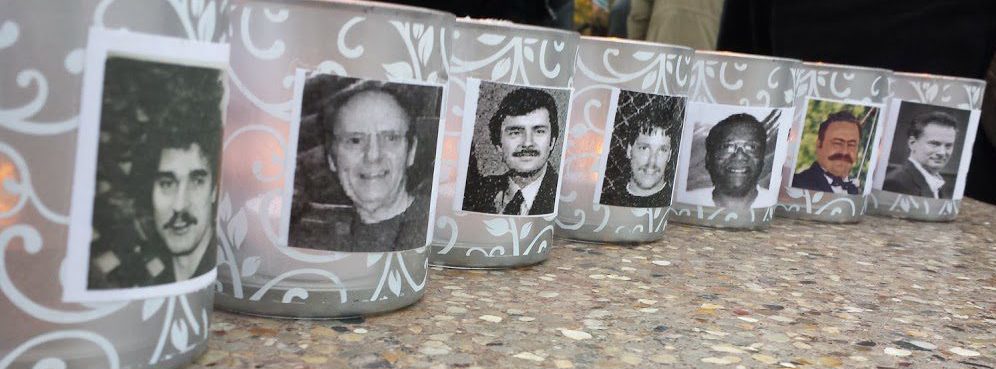As I picked raspberries in my backyard patch one day, it occurred to me how easy it is to overlook the ripe ones no matter how thorough you think you’ve been. As you eye the bush you’ve just emptied from another angle, you clearly see there are ones you’ve missed. A simple enough concept that clarifies the importance of getting multiple perspectives on all things, right?
Take as an example, for instance, when people ask me, “How can you be so sure those five Wisconsin men are innocent?” I was challenged on Amazon by a resident of Green Bay, Wisconsin who ranted about how he knows these “union thugs” murdered Tom Monfils. In his mind I was totally ignorant of the facts and my opinion appeared slanted. In another instance, much of what was written about me in a Green Bay news story was ignored by the reader which prompted a comment from them saying my advocacy is based solely on reading a book. Really?
When people fail to understand the whole picture and refuse to either look further into the truth or accept the obvious, there’s bound to be adversarial discussion and obstruction. That’s why it’s vital to do your homework, especially on a topic as provocative as wrongful convictions. I admit I experienced my own suspicions about the case in question, early on. I wondered how six men could have been convicted on such flimsy evidence. So I sought out answers and I kept an open mind.
Now, because of my absolute certainty about the true merits of this case, I welcome all inquiries. I’d love to get more because it would mean that people are engaging in the conversation even though they may not be interested in learning the truth. There will always be those in opposition. But as I hold little regard for those who refuse to increase their knowledge, it still means that I’m getting through to people on both sides of the argument because at the very least they are paying attention. I’m determined to continue on with this important debate because it’s about a topic that gets little consideration despite the many lives it destroys.
I believe it’s typical to get involved in something that directly affects us which in itself is a noble thing. But I’m ecstatic when I hear from those who have no direct ties and are passionate nevertheless. This was true in my case which is why I am determined to be an example of what it means to enter into something absent the personal emotions. I believe this allows a clear vision toward solutions. And with both sides working together to form different perspectives, therein lays the progress.
There’s nothing like having the emotional ties to fuel action but also having an unbiased viewpoint, which can carry a lot of weight. In some of the news reports surrounding this Wisconsin Monfils case, the authorities stipulated that of course the friends and families of these men will support their innocence. But they had no opinions regarding my involvement. In fact, I was not acknowledged by the media for a long time until I brought with me the really big guns in the form of legal assistance by a sizable law firm from out of state! There were those who argued the guilt of these men simply because of repeatedly being denied parole. But they too, were ominously quiet about the new developments about legal help.
In response to my knowledge of the innocence of these men due to my willingness to look through a wider lens, the search for the absolute truth was not hard. And in a very short while the factual details of what really happened at the former James River Paper Mill will be revealed in time. As I’ve done in the past and as the next challenges surface, I’ll continue to keep an eye out for those elusive berries… because really, it’s that simple.
